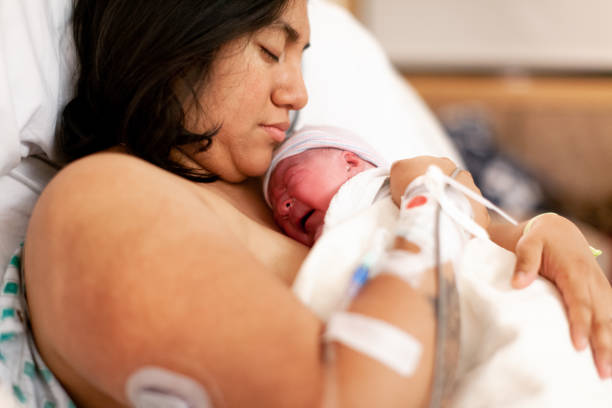Diagnosed with HCV (chronic)?

1. Find a provider that treats HCV
For many people, receiving a diagnosis of HCV can cause a great deal of anxiety. A provider will explain curative treatment and answer any questions about lab tests, medications and side effects. Depending on the geographical area, treatment may be through a primary care provider or a specialist.
Are you newly diagnosed?
Resources for screening and treatment

2. Take medications as instructed by your provider
In the past, treatment for HCV caused uncomfortable side effects and some had to be administered through an IV. Currently, direct acting antivirals (DAAs) are medications in pill form taken over 8-12 weeks with minimal side effects. Over 90% of people are cured of HCV after completing treatment. The DAAs stop the virus from replicating, this means there is no more hepatitis C virus inside a person who has been cured.
People can take DAAs even if they are smoking, using drugs or alcohol.
HCV medications: An overview for patients
DAAs: Side effects management handouts

3. Continue to get checkups and monitor your liver health.
People who have lived with chronic hepatitis C may have liver damage that persists even after they are cured, and the viral infection is gone. People must work with their providers to have ongoing monitoring for worsening liver damage or liver cancer. It is also a good opportunity to get vaccinated for hepatitis A and B if not already immune to reduce the chance of getting another infection that could injure the liver.
Monitoring after treatment
Infants exposed to HCV during the birth

If a mother is infected with HCV at the time of delivery, the virus can be passed on to the baby in 4% to 6% of cases. The risk of infection with HCV for the baby is higher if the mom also has HIV or HBV. Unfortunately, HCV cannot be treated during pregnancy, so there is no medication that can be used to prevent the virus from passing to the baby.
Thankfully, children as young as three years can be treated safely and effectively with DAAs. The infants born to mothers with HCV should be tested for HCV using the HCV antibody test at age 18 months, although it is also possible to test with the HCV RNA confirmatory test at age 2 months.
Hepatitis B and hepatitis C in pregnancy
HCV and your new baby